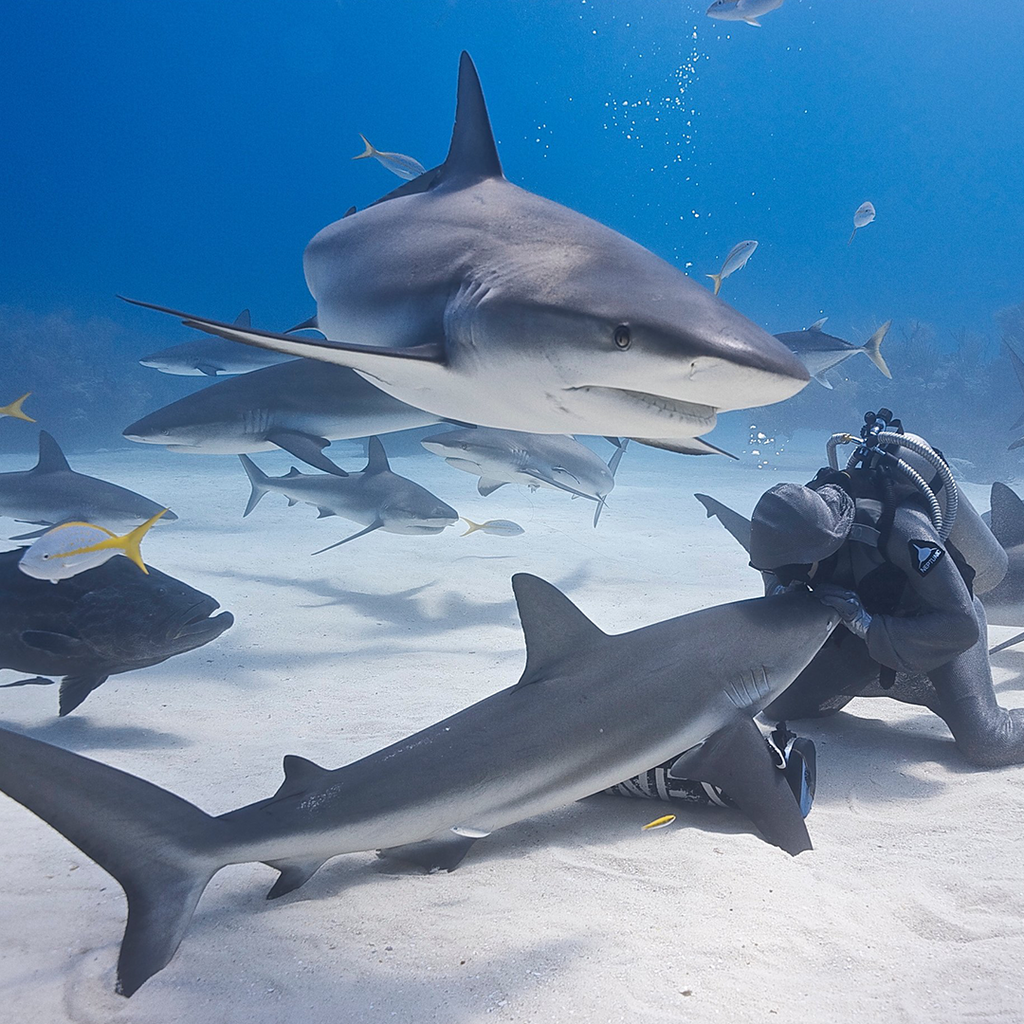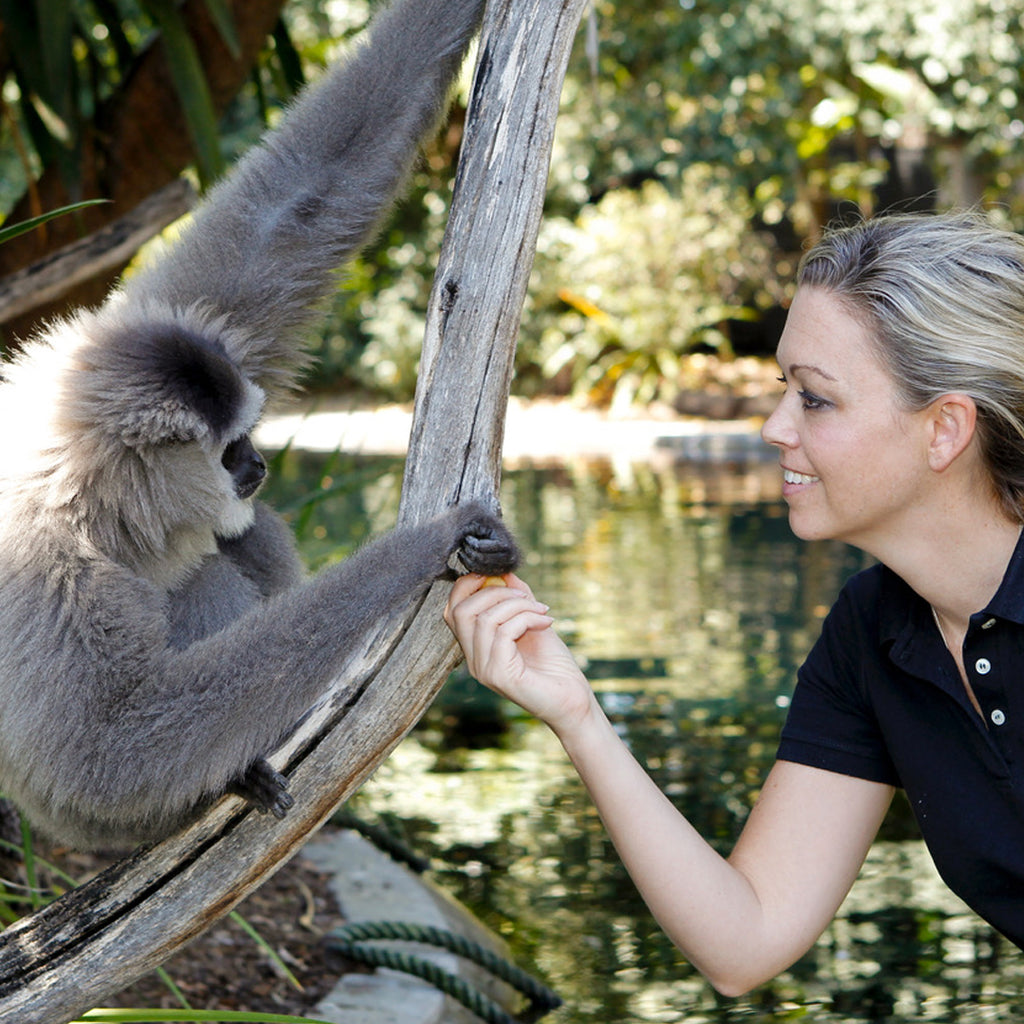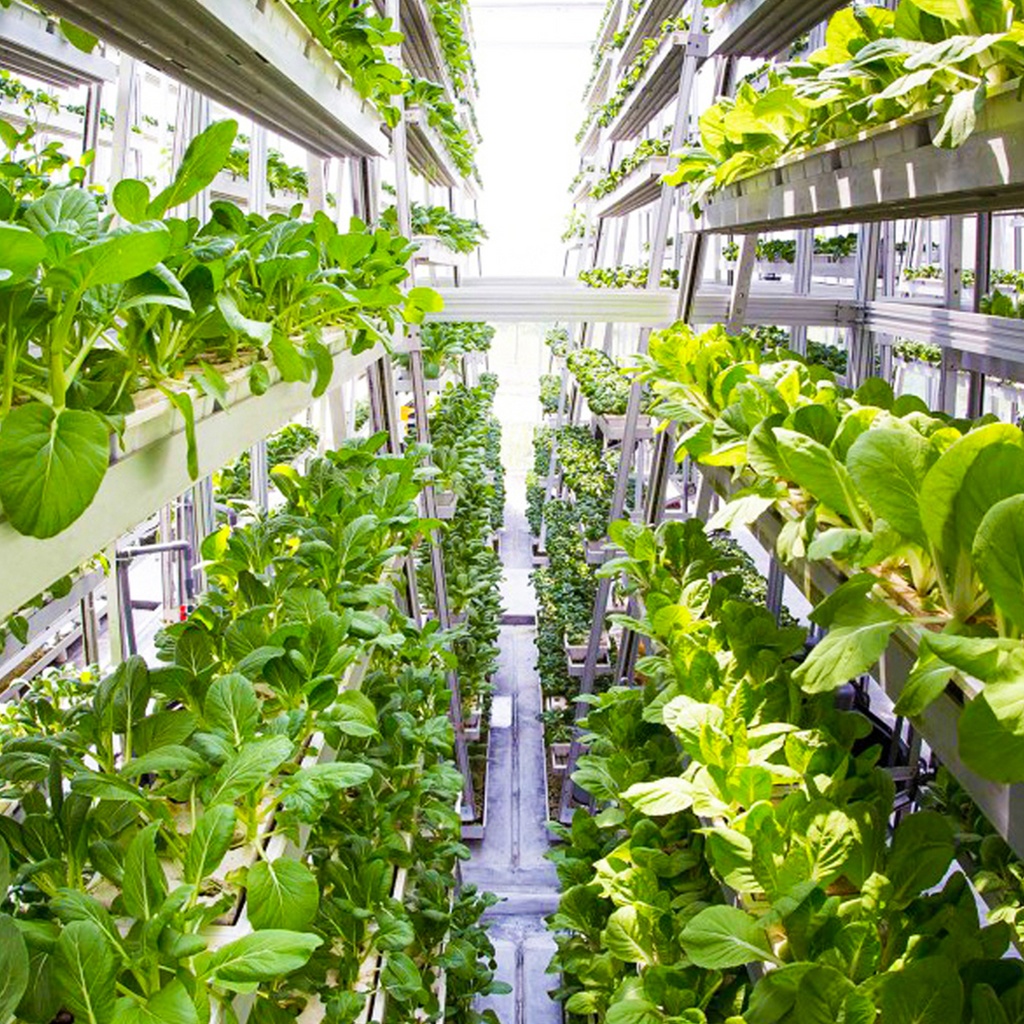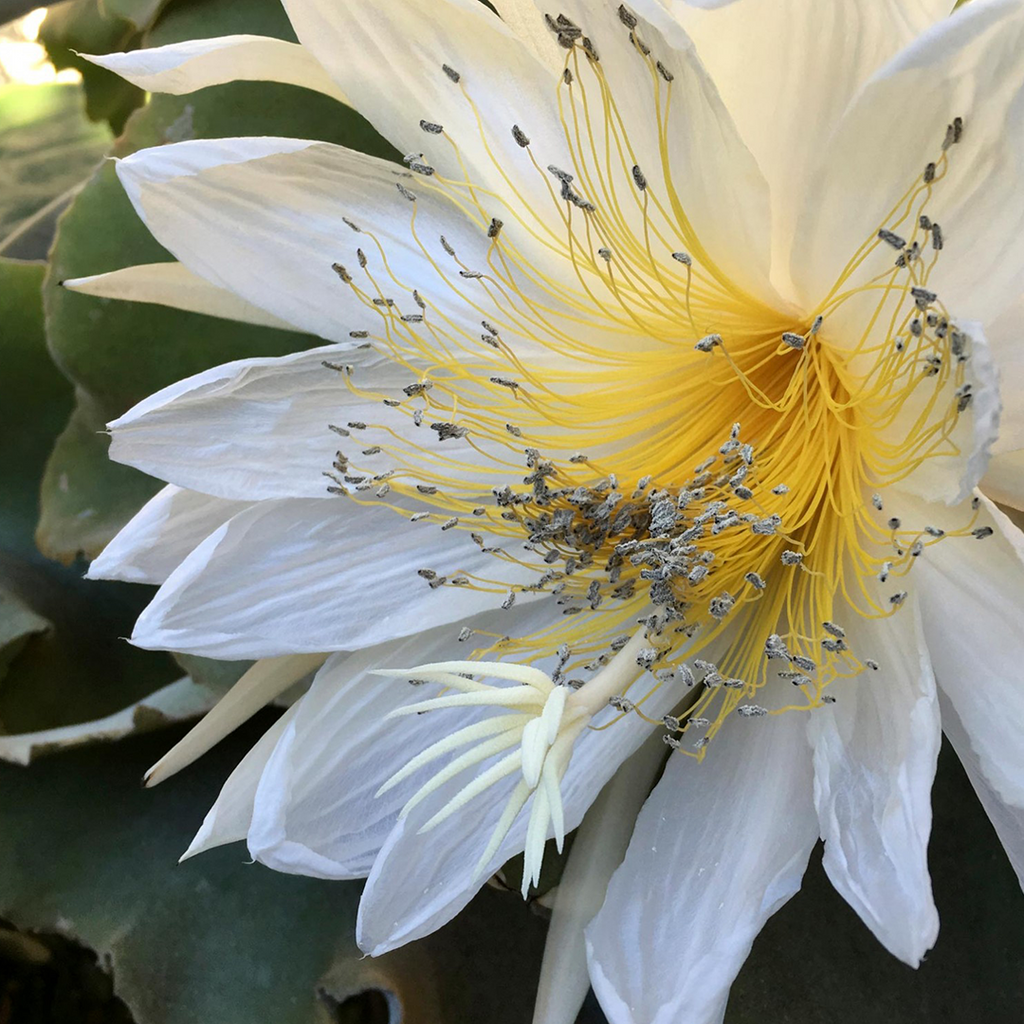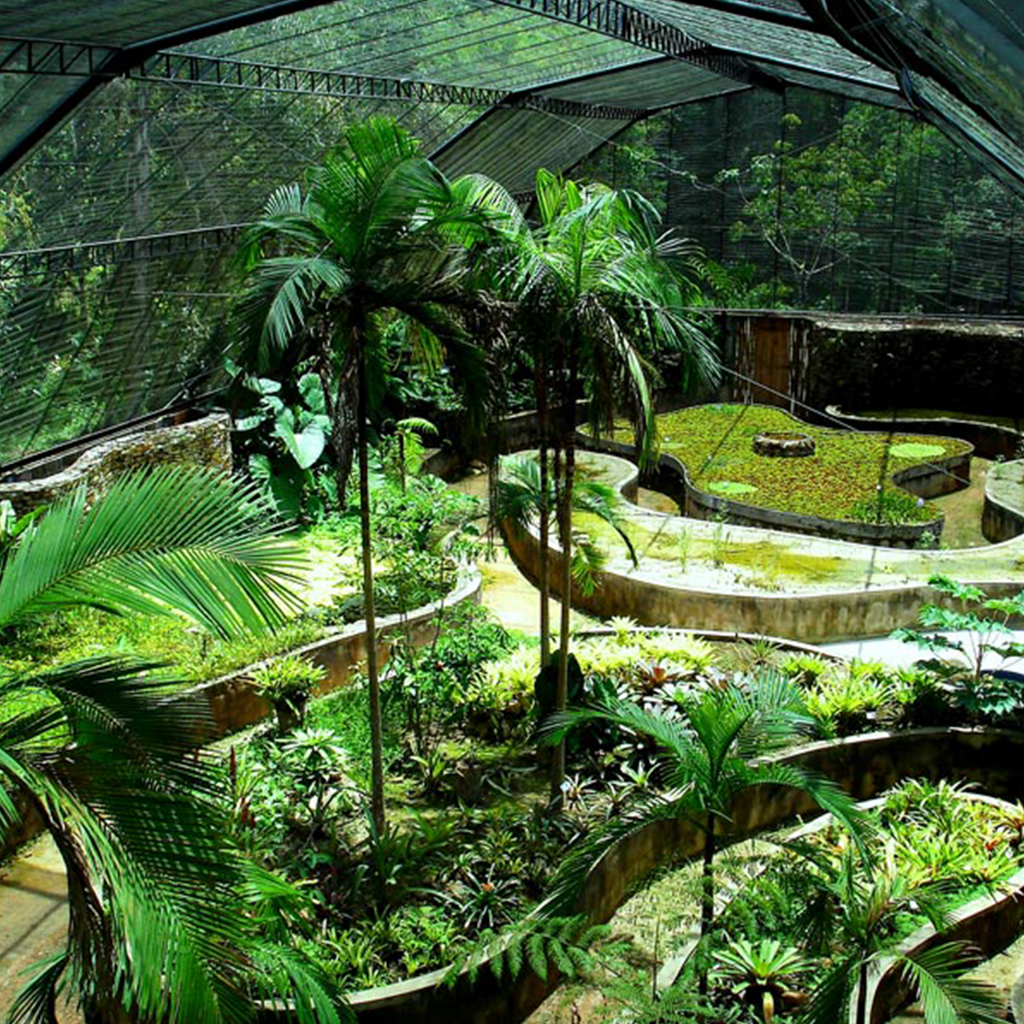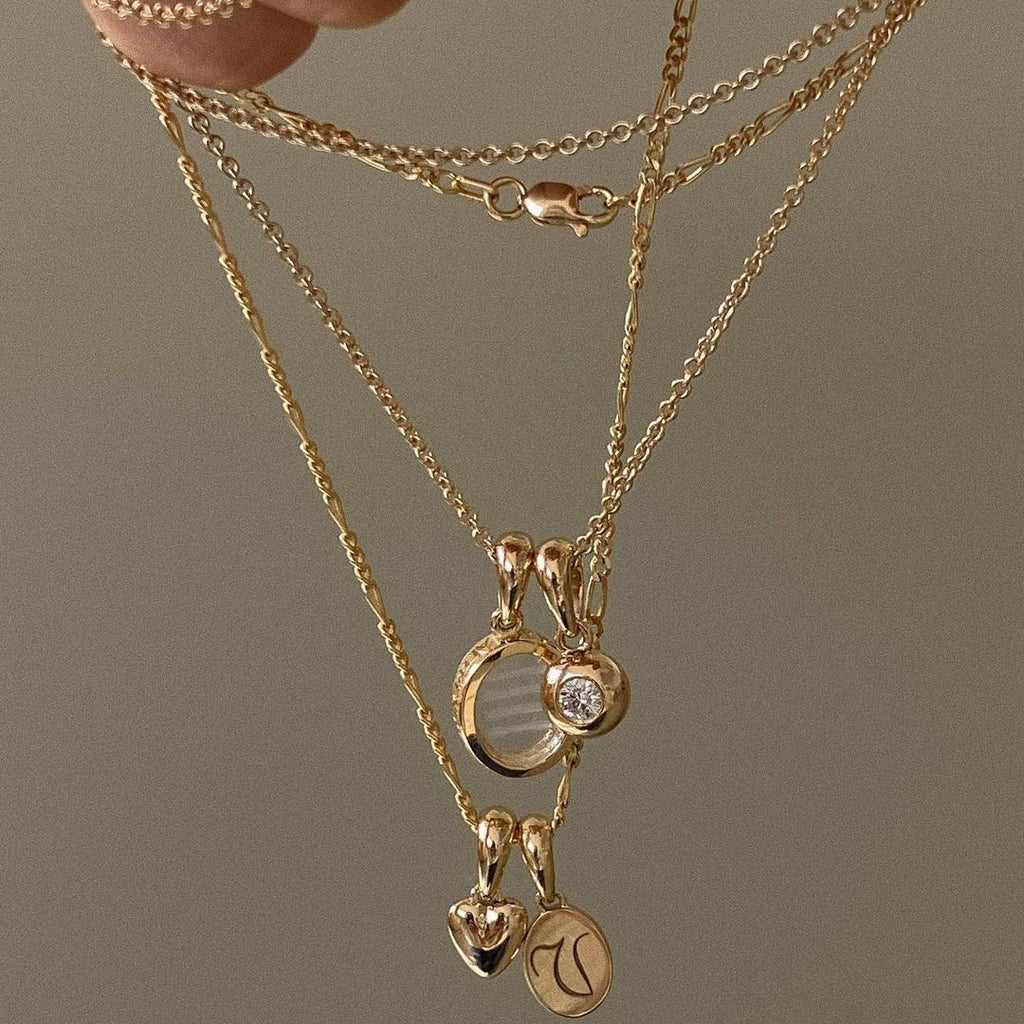The woman who's safeguarding our oceans
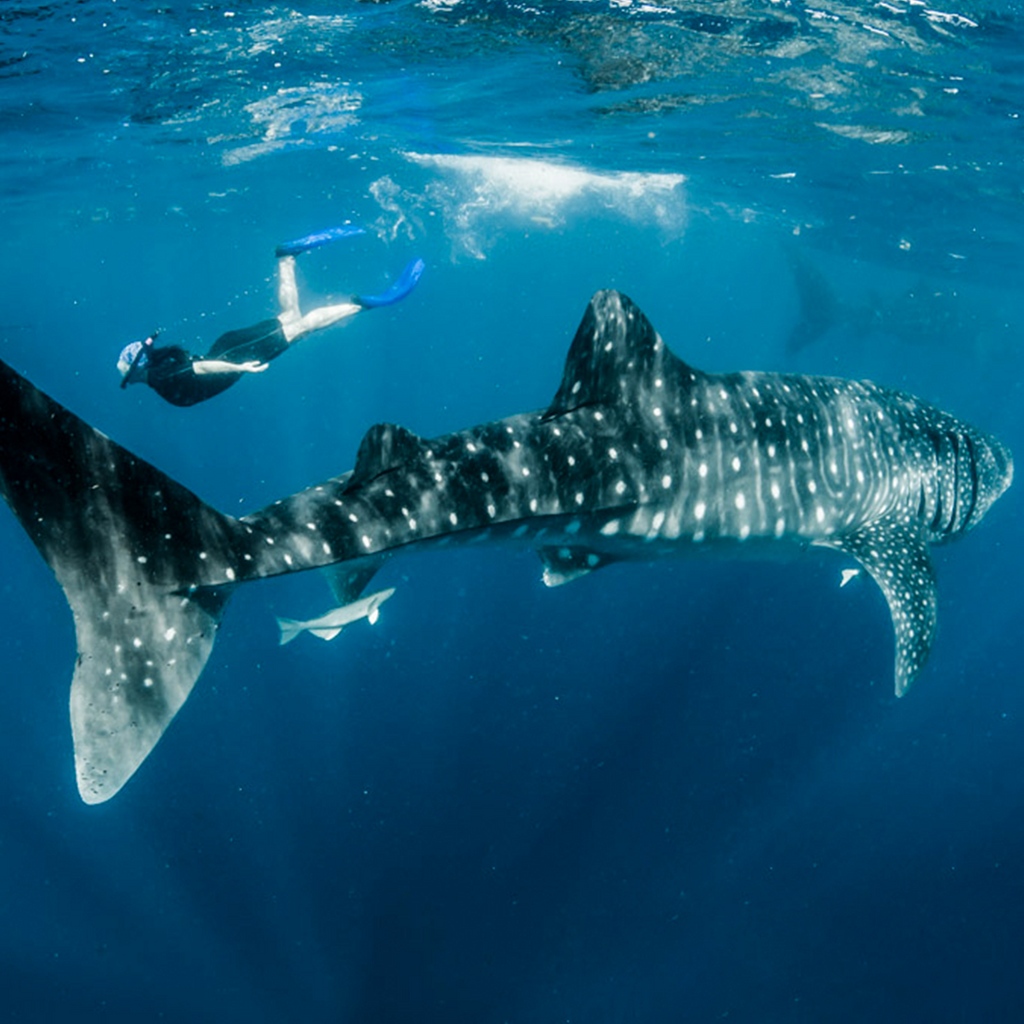
Denielle Sachs, former Executive Director of Blue Sphere Foundation, now on the Leadership Council, an organization that safeguard the planet’s oceans which she helped found and get off the grounds, she is today the Global Head of APCO Impact, a Forbes Women contributor, serves on multiple advisory boards, including the impact investing steering committee of the Nexus Summit. We’re so impressed so we decided to get some background on this phenomenal woman.
Where did you grow up?
"In New York City, completely disconnected from the natural environment. I’m a city girl through and through, but over the course of my life, have become acutely aware of nature's primacy. I remember seeing a short film many years ago, which simulated a time-lapse in Times Square. It showed how quickly nature would reclaim our built environment, if humans were to disappear. It was very powerful."

Have you always been into social impact and environmental causes or was there a moment in your life when you decided to take action, sort of a life changing moment?
"I grew up with an innate and fierce sense of social justice and, from as far back as I can remember, felt the need to protect people and creatures unable to protect themselves. I was that kid who found birds with broken wings or puppies — eyes still unopened after birth — stranded without their mother, and rushed to take care of them. I starting holding fundraisers at school when I was only eight, beginning with the fight to protect dolphins from tuna fisherman. Activism is in my blood.
My first job out of college was with a boutique financial communications agency, which worked on a myriad of corporate crises and contested transactions. I spent three years under the tutelage of some of the most brilliant leaders, and working on everything from Russian money laundering scandals to the discovery of unapproved GMOs deep in the human food chain. It was an early peek into the C-Suite and corporate board rooms, and a crash course in the complex incentive structures and decision making facing the most powerful institutions on our planet.

I fundamentally believe that companies, particularly large incumbent ones like those I was working with at that time, are at the front line of the defining challenges of the next century. The industries with the most potential to redress global challenges are the ones whose environmental and social impacts are currently the greatest. I was very aware at the time of how important that first job was in helping me become a better advocate and steward for social change and, to this day, I carry those lessons into all of my work."

You are the founder and managing director of The Tembo Group, (acquired by APCO Worldwide) what do you do, why did you start it?
"The scale of the challenges facing humanity are outpacing our capacity to solve them. There are no silver bullets, and sustainable solutions can only happen if we understand the complex array of interdependencies within any system we are trying to change. Despite this, I consistently observe people and organizations — who are tasked to work on thorny societal issues — operate in silos, compete rather than collaborate, and waste resources on ego- or money-centered ventures. There are a lot of different reasons for this — some intentional, but many inadvertent — and I know we can do better. I know we must do better if we are going to get ahead of the problems we are trying to solve.
I created Tembo as my vehicle to do just this. We are independent and neutral arbiters, who are singularly focused on helping drive impact for our clients. I brought together some of the smartest people I know, who have perfected their functional craft — be it management consulting, communications or human centered design — and we form teams that are tailer-fit to meet the needs of any given project. I was inspired by a model the US government uses called DARTs — Disaster Assistance Relief Teams. DARTs are the first responders in any large-scale disaster, and are responsible for coordinating and managing the government response. They are pre-selected, vetted and trained, can be deployed on a moments notice, and represent a cross-functional team of experts who work in tandem, but are responsible for specific elements of a response. Tembo functions, in many ways, like a DART. We are nimble, adaptive and cross functional.
We usually get brought in for two buckets of work — the first is when a company or philanthropist wants to build something new — a new societal initiative or organization. The second is when something is broken or needs improvement — such as companies who’ve come to realize a negative impact of their work or, even more often, who are trying to get their arms around disparate social impact efforts, so they can harness that good will, hone it with a focused strategy and double down (and get credit for) the effort. We see this a lot in younger companies that have grown quickly and believe social justice is inherent to their culture, but without a focused, proactive strategy, find themselves mired in negative, untended consequences."
What do you think about climate change, have you seen any changes with your own eyes?
"I have been working on causes for most of my life and am motivated by social justice. But if we don’t collectively find a way to mitigate and adapt to the impacts of climate change, humanity faces a certain and tragic end. As a new mother, I think constantly about the world my daughter is inheriting and it terrifies me, especially at a time when, in the US, we are faced with the deleterious polices of the Trump Administration. It motivates me to work harder and more collaboratively to ensure we don’t lose more time."
What makes you happy?
"My beautiful, kind and loving one year old daughter, who literally lights people up when she laughs."
Do you have any surprising facts about yourself that you would like to share?
"Once I had a Rhino in my bed. True story!" The Huffington Post

Photo: Lewa Wildlife Conservancy.


